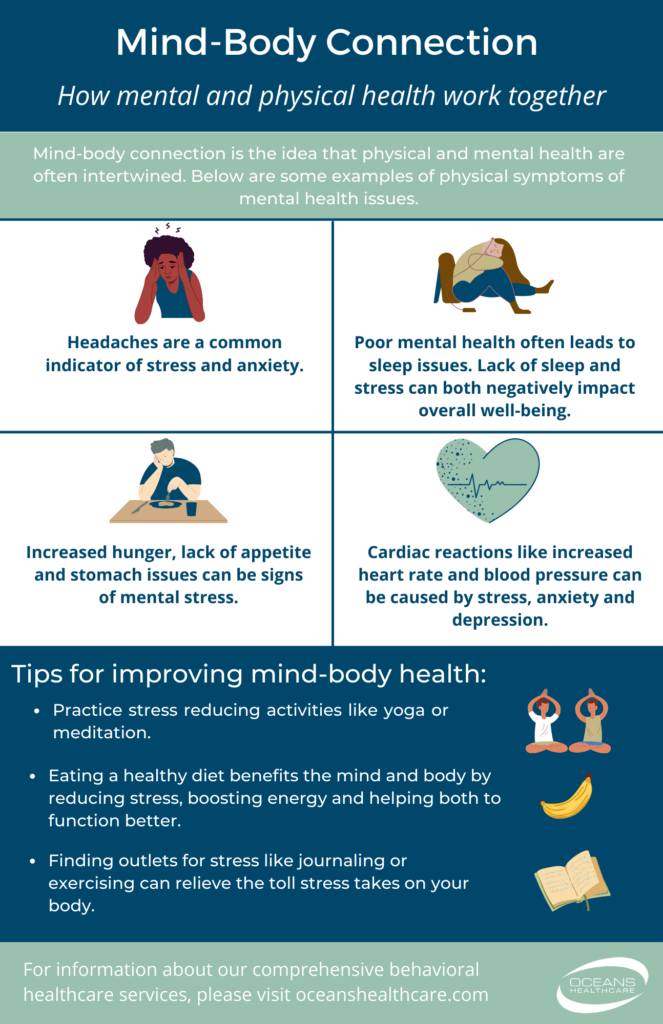Robust Scientific Consensus Affirms Profound Interconnection of Mental and Physical Well-being

Recent discussions on social media have sparked renewed interest in the intricate relationship between mental and physical health. A widely shared tweet by user "ي" provocatively stated, "> Most mental health problems are just physical health problems," prompting a closer look at the scientific understanding of this complex interplay. While simplifying the issue, the sentiment underscores a growing body of evidence highlighting the deep, often bidirectional, links between the two.
Scientific research consistently demonstrates that mental and physical health are not isolated but profoundly interconnected. A comprehensive review published in January 2024 emphasized that factors like social connection are independent predictors of both mental and physical health, with robust evidence linking social isolation and loneliness to increased risks for conditions such as depression, cardiovascular disease, and earlier mortality. This highlights how psychological states can manifest with tangible physical consequences.
Physical activity, for instance, is a well-established mediator in this relationship, significantly benefiting mental health through various pathways. Studies indicate that exercise improves mood, self-esteem, and resilience, and can reduce symptoms of stress, anxiety, and depression. These benefits are mediated by psychological factors like affect and self-efficacy, as well as physiological changes, suggesting that physical interventions can directly impact mental states.
Furthermore, social factors play a critical role, with strong evidence showing that social support and connection mediate the relationship between physical activity and mental well-being. A sense of belonging and positive social interactions are crucial for preventing mental health problems and aiding recovery. Conversely, poor mental health can also lead to social withdrawal, creating a cyclical reinforcement of negative outcomes.
While the tweet suggests a direct reduction, experts emphasize a more nuanced, multifaceted understanding. The relationship is often bidirectional and cyclical, meaning that poorer physical health can exacerbate mental health issues, and vice-versa. Mental health problems are influenced by a complex array of social, economic, psychological, physiological, behavioral, environmental, genetic, and epigenetic factors, making a simple "just" explanation insufficient.
Ultimately, a holistic approach that recognizes and addresses both mental and physical aspects is crucial for overall well-being. The scientific community continues to explore these intricate connections, advocating for integrated strategies that promote both physical activity and strong social bonds as foundational elements of public health.